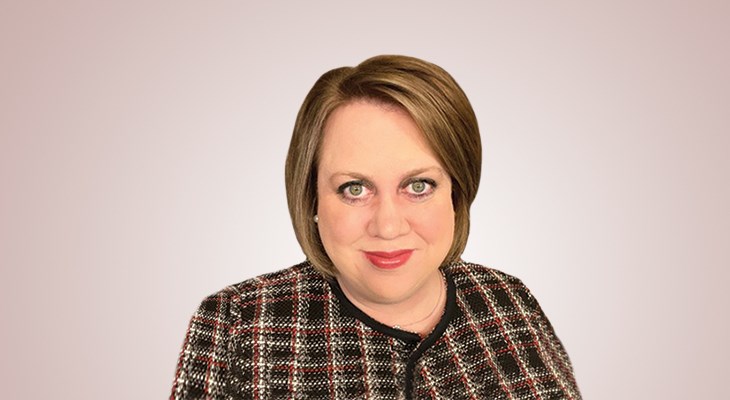Determining a deal's risk, for U.S. Venture Inc. Associate General Counsel Jennifer Schwitzer, often comes down to the strategic importance of a transaction.
"We always start with whoever our division president is and we start with a kickoff meeting in terms of how strategic is this asset? How bad do we want it?" Schwitzer said during the Milwaukee Smart Business Dealmakers Conference. "And that shapes the risk."
While ideally there would be the chance in a deal to do initial due diligence and confirmatory due diligence, sometimes there's only an opportunity to do one. Where confirmatory due diligence isn't an option, as much on the front end as possible is done to go in with the best number they can. When diligence is limited, something could show up — in real estate or an environmental issue — that adds risk to the deal. That's why defining the company's stance on the risk profile of a deal up front is important.
"We've been trying to get into this particular market for the last six years, had tried unsuccessfully a number of times to be the successful bidder. That changed our risk profile," she says. "So, we said, We're going in, we're going hard and we're going to give it our best shot out of the gate with the mentality and understanding that if something were to happen down the road, there wouldn't be something that we didn't think we could get past or get over or fix after closing."
When working to acquire companies in markets in which the company has lost bids a number of times, Schwitzer says the company goes in with as strong as number position as it can. But for U.S. Venture, bidding is about more than just the price.
"We take great pride in being a Midwestern, Appleton Wisconsin, easy-to-deal with, mutual gains kind of approach," she says. "So, we have won deals based on, when you've got a submit an asset purchase agreement or an equity purchase agreement, we've won deals because of the light red pen that we've taken on them. And we've had sellers tell us that you guys were way off in terms of price, but your ease to deal with was something that got you over the hurdle."
As a serial acquirer, Schwitzer says U.S. Venture has a robust process for M&A, one that's detailed in due diligence with a large cross-functional team. Still, every deal is unique. For instance, one acquisition that involved a single owner/founder generated three times the due diligence versus what they typically see out of a bid process.
But much of dealmaking comes down not to process or playbook, but to relationships.
"We are buying assets or we are buying companies from people that we are in business with, that we're customers of theirs, we're competitors of theirs, and it's all about how you do that deal because we're going to be in this industry with them long-term," she says. "So, in terms of due diligence, it's faster for us now in order to be competitive. We’re not the ones necessarily setting the targets, especially if there's FTC approval or some other governmental regulatory approval, but we just work to do whatever we have to do to make and meet those deadlines."




